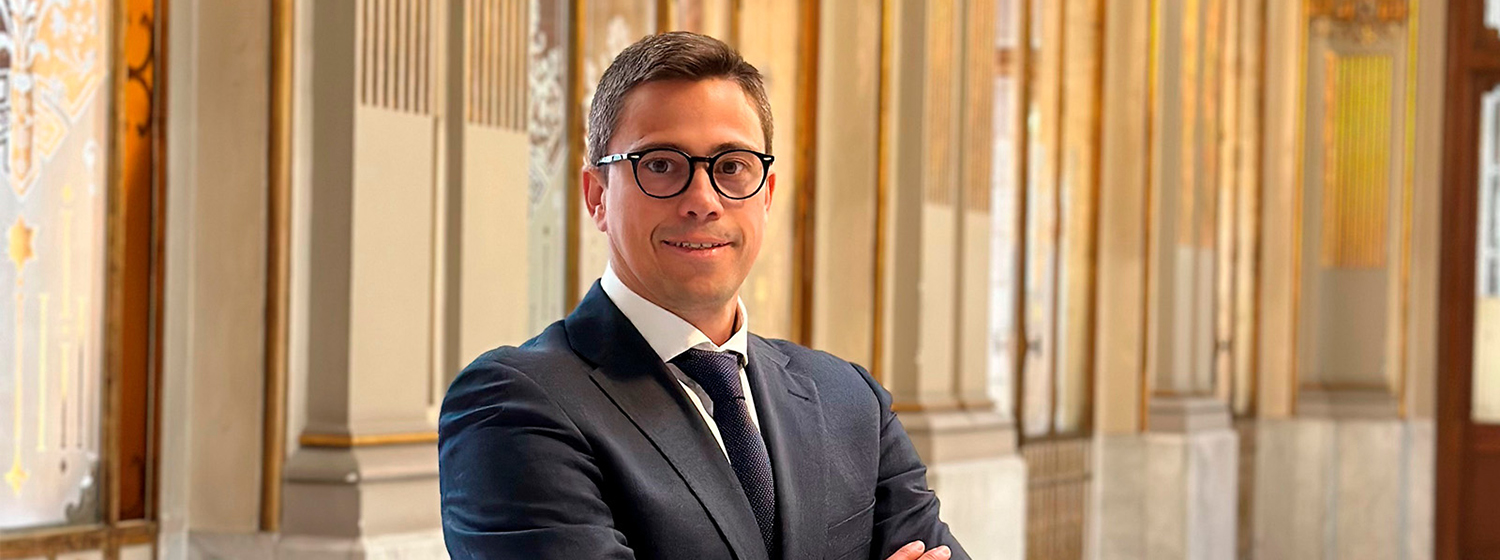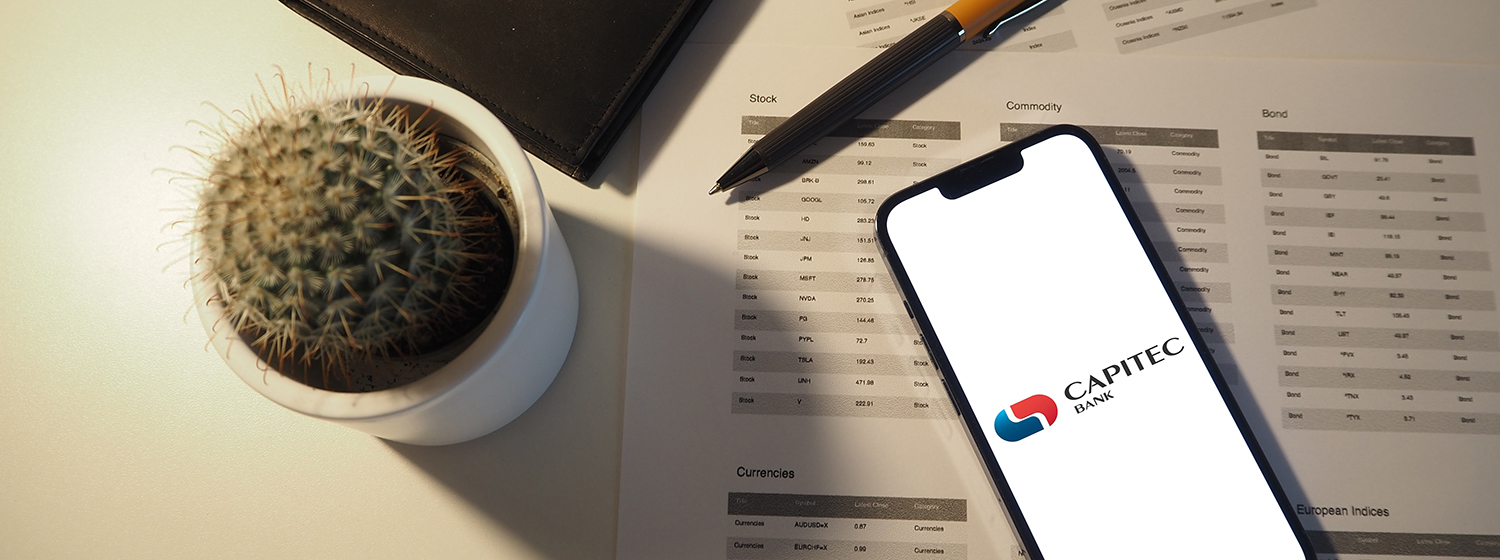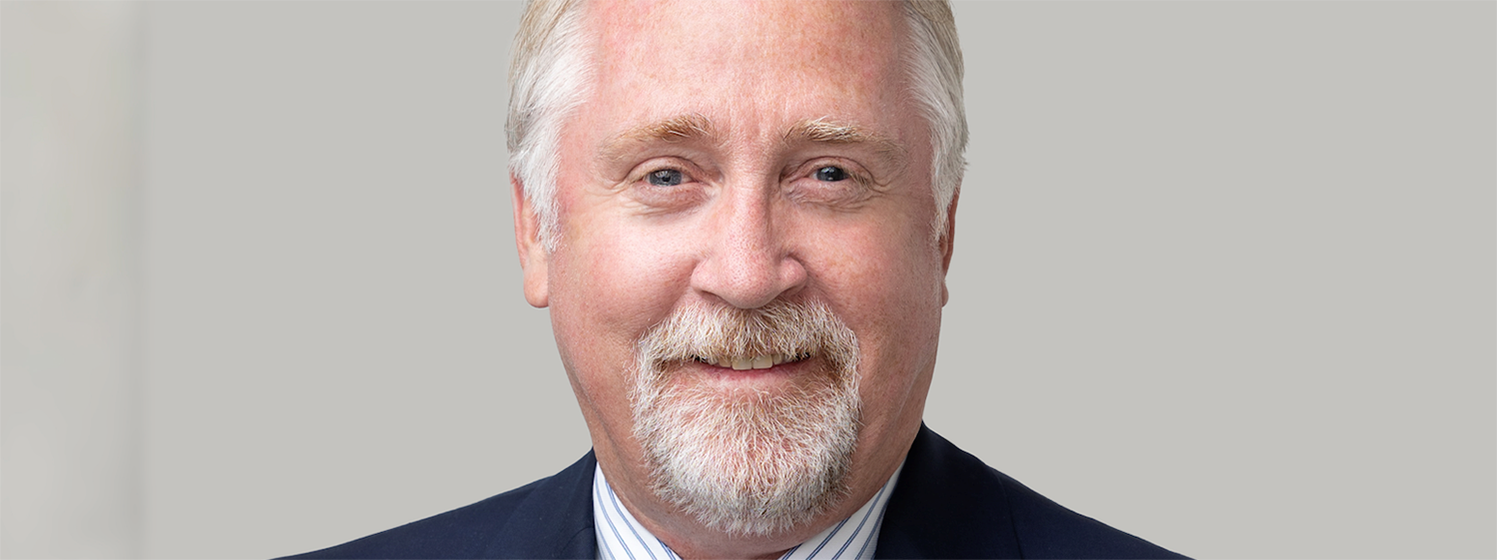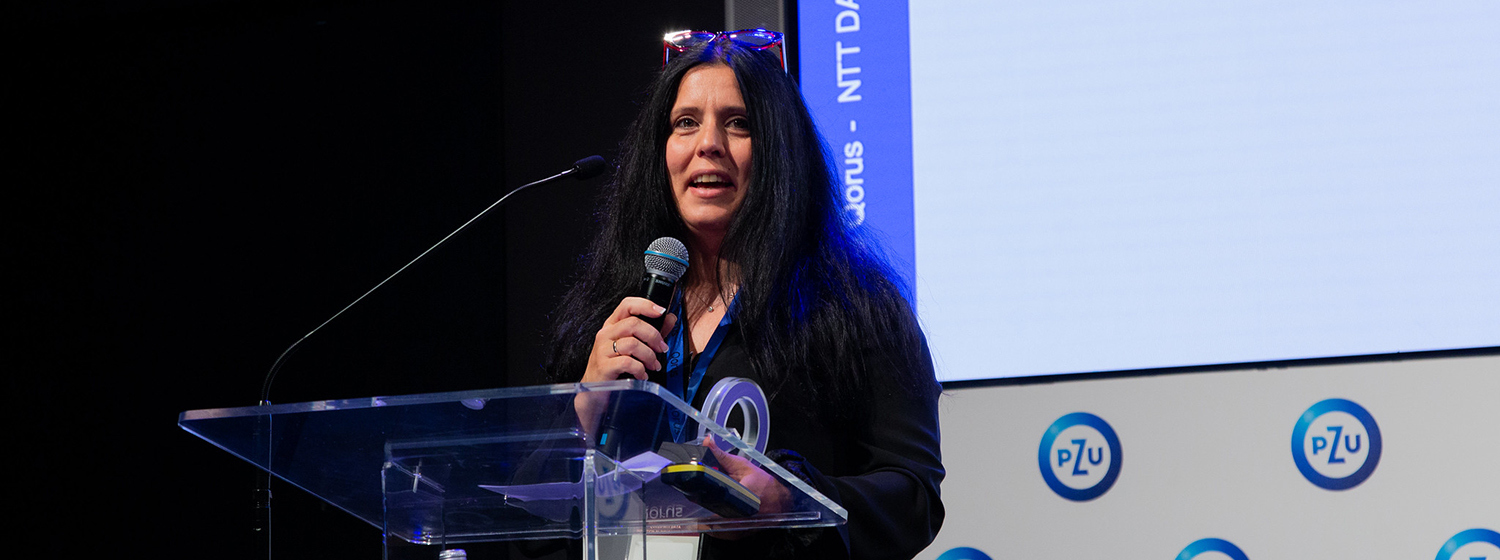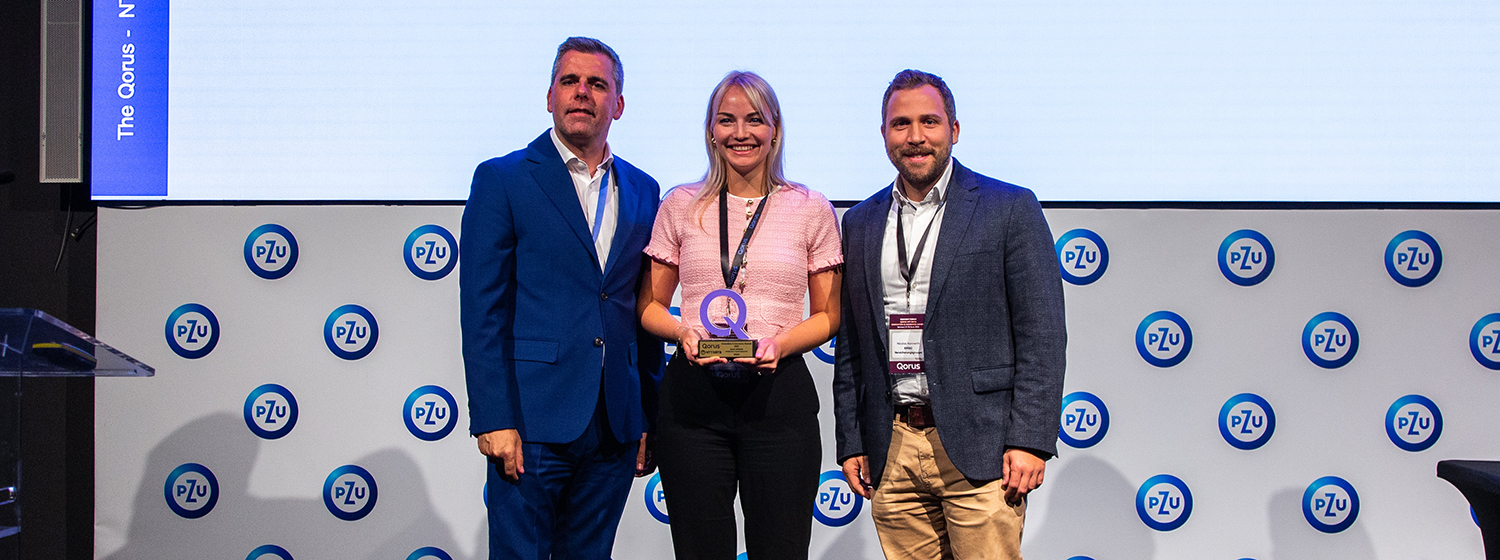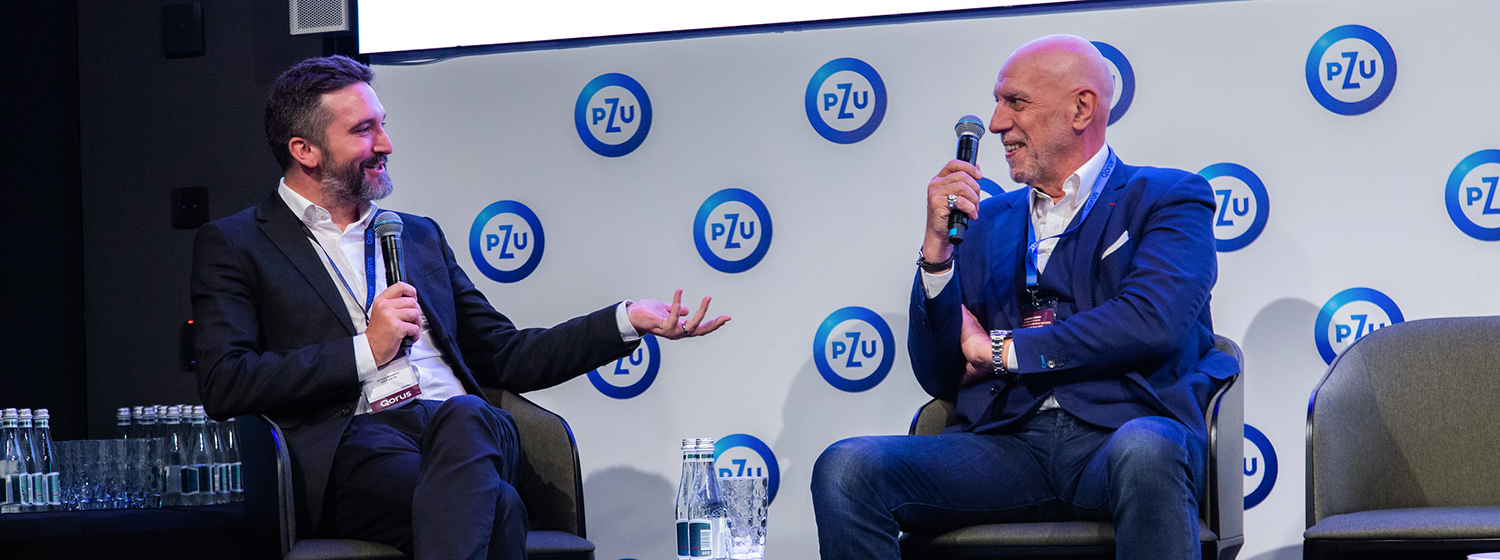
Marco Marazia
Banca Widiba
Direttore Generale
Marco Marazia, commercial and product director at Widiba, told Efma’s Boris Plantier about his working life.
Tell me a little about your background.
I was lucky enough to start working the day after I finished university, in the industry and in the sector for which I studied. In addition to me, however, the internet had just entered the finance industry, and from that day we never separated.
I have always been involved in innovation and changes in three of the top five Italian banks. After IntesaTrade, the online trading arm of Intesa Group, and Webank in the BancoBPM Group, Widiba is my third startup as a founder, in the MPS Group, the oldest bank in the world.
What does your workplace look like?
Our headquarters in Milan is a skyscraper of our own, because we wanted it to be our exclusive home and only to meet colleagues in the elevator. Getting there is easy, as we also have a subway station called Widiba.
At the entrance there is not a receptionist but a “Director of first impression” – because the first impression is always the most important one.
The meeting rooms have transparent glass as we want it to be our bank: each one is named after one of our most frequent employees: Room Antonio, Room Laura, Room Giuseppe.
I have a large, square wooden table where everyone can sit down whenever they want.
At the beginning and at the end of the day a song that each team has chosen, is broadcasted on each floor. Our Wednesday song is “Born to run” by Bruce Springsteen.
Could you describe your usual working day?
I get out of bed only when I have read three newspapers.
At the end of the day, before leaving, I always have to decide which face to crush on our sentiment machine: the sad one or the one that laughs. My choice depends not only on whether the number of emails in the inbox has gone up or down, or if the agenda looks like a naval battle after it has been carried out. It depends above all on whether I spent more time thinking about the future than about the present.
My day is no longer my property: it is totally dedicated to ensuring that the customer is happy, that the team is happy, that the income statement is happy, that the stakeholders are happy.
What is your favorite food?
It is the most difficult question for an Italian. We have 21 regions and each has at least five inimitable dishes.
I’m Milanese but originally from Puglia, the heel of Italy in the Mediterranean: there is no place in the world where raw fish is better. You must try it at least once in your life!
What do you do when you need a break from work?
I’m lucky to have a group of friends with whom I grew up, all excellent professionals. We never talk about work, but we do the same things we did in high school. Spending time with them is my best leisure. And then the trips – I have to buy a new refrigerator now because I have no more space to put the magnets!
How do you build a successful team?
I was able to create a team from scratch by choosing the best talent, drawing from other industries as well as from skills already present within the group. I have always looked for lateral thinking and then vertical skills. The former one either has or one does not have, while the latter can be learned. The difference is always made by people and the environment: without the engagement and wellbeing of people, customers cannot have that.
The important thing is that the team always gets merits and you are the first responsible for the mistakes.
There is a saying that we learn more from failure than success. Tell me about one of your failures and what you have learned from it.
The list of failures is too long to list here! Better to talk about how to react immediately, of anti-fragility. If there is an obstacle the solution is not always to keep banging against it to remove it: you can turn it around, override it or change it onto a different path. The important thing is to never think about going back.
What advice would you give to someone who wants to succeed in financial services?
First of all, ethics. Always. Only in this way can our work have a higher meaning at the service of the community and of progress.
We do a job that has a great responsibility: we manage the fruit of the past, the present of every day, and the future of people.
We have now moved from digitalization to digital reinvention, but the primary needs are always the same.
We always do banking, but with today's tools.




